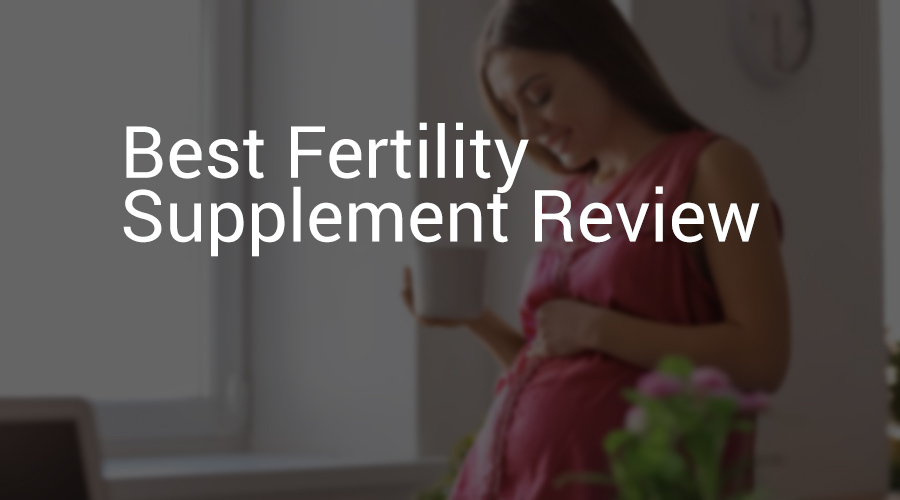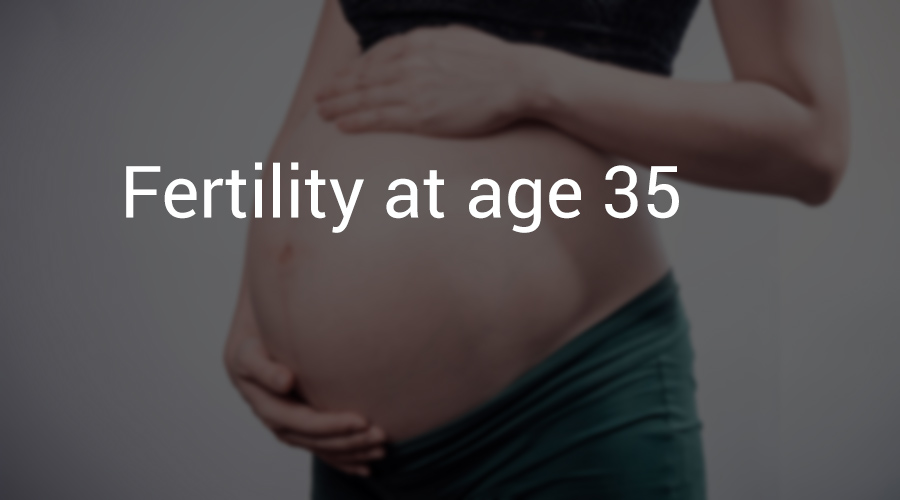Vitamins and supplements for fertility are a popular choice for those who might be undergoing fertility treatments. Many of these vitamins and supplements can also be used as an everyday regimen or as an addition to help boost your fertility efforts. There are many different products out there on the market, so it is important to review their labels and ingredients before buying.
What Are Fertility Supplements
Fertility supplements are products that can be taken orally in the form of pills, tablets, or liquids. These supplements are meant to be an additional source of vitamins, minerals, and other nutrients necessary for conception. The right fertility supplement can contain all-natural ingredients which are safe to take while pregnant or breastfeeding. If you have any allergies to specific foods or medication, you should always consult your doctor before taking any fertility supplements.
There are different types of fertility supplements. Many can be used as a general vitamin supplement for those who are trying to conceive naturally, while other fertility supplements may have ingredients meant for specific fertility problems faced by women or men trying to conceive.
When To Take Supplements
Before taking any fertility supplement, it is important to talk to your doctor. Your doctor will be able to tell you which fertility supplements may work for you and if starting or stopping certain fertility supplements would be beneficial to your health. However, even without talking to a doctor first, there are some general guidelines on when you should start taking the best vitamin fertility supplement.
For women, fertility supplements are best taken about three months before trying to conceive. This way there is time for the body to fully absorb all of its nutrients and benefits before becoming pregnant. Most doctors recommend that women stop taking fertility supplements once they become pregnant because there may be unnecessary or harmful ingredients in certain vitamins that can be passed on to the baby. However, if you are trying to conceive through fertility treatments such as in-vitro fertilization (IVF) or intrauterine insemination (IUI), your fertility specialist may recommend taking a specific supplement during those treatments.
How Do They Influence On Fertility
Fertility supplements are most commonly known to help women ovulate regularly with high amounts of eggs being released each cycle. Ovulation is one of the main steps in becoming pregnant, so fertility supplements may have a positive effect on your chances of conception.
For men, some fertility supplements can help increase sperm count and health in order to improve motility and the ability to fertilize an egg. Sometimes fertility supplements for men can help with a low sperm count, but this is often determined by a different issue within the man’s body.
Many women who have been trying to conceive for a while have turned to fertility supplements in order to help them get pregnant faster or increase their chances of conception each month. Fertility supplements can be a great addition to your everyday routine if you are trying to conceive, but before taking any supplement it is best to talk with your doctor first.
Best Fertility Aid Supplements
There are many different fertility supplements on the market, but some of the best fertility aid supplements include:
- Folic Acid: This vitamin is important for pregnant women because it helps to prevent birth defects of the brain and spine. Folic acid can also be taken by men and women who are trying to conceive as it helps to increase the chances of a successful pregnancy.
- Vitamin C: Vitamin C is a water-soluble vitamin that is important for tissue growth and repair. It is also an antioxidant that can help to protect cells from damage. Vitamin C is found in many fruits and vegetables and is also available as a supplement.
- Vitamin B12: Vitamin B12 is another water-soluble vitamin that is important for energy, metabolism, and nervous system function. It is also sometimes used to treat infertility issues in men related to sperm motility.
- Calcium: Calcium is an important vitamin for women who are trying to conceive because it helps develop healthy eggs and strong bones.
- Zinc: Zinc is another fertility supplement that can be taken by both men and women to increase fertility. Zinc is found in abundance in the reproductive organs, so it can be beneficial for sperm quantity and quality.
- Copper: Copper is another fertility supplement that’s often taken because it can help with ovulation problems in women.
- Omega 3 Fatty Acids: Omega 3 fatty acids are essential fatty acids that can help to reduce inflammation, promote healthy cholesterol levels, and improve fertility.
- Vitamin D: While you can get vitamin D from sunlight exposure, many doctors recommend pregnant women take a supplement of it as well. Vitamin D helps with calcium absorption which is important for developing strong bones in the unborn child.
What To Consider Before Choosing Best Fertility Pills

When choosing a fertility supplement, you should always consult with your doctor first to make sure it is safe for your particular situation. If you are trying to conceive naturally and having trouble getting pregnant, taking some of the best fertility supplements may be beneficial in helping you get pregnant sooner.
Fertility products can be expensive so it’s important before beginning any fertility supplement regimen to do your research. Different fertility supplements are made from different ingredients, so some may work better for you than others.
If you are trying to conceive through in vitro fertilization or in-vitro fertilization, then fertility pills may not be best for you as the chances of success increase with more intense treatments.
The Number Of Vitamins
Some fertility supplements require taking multiple vitamins per day, while others do not. Most fertility products contain a combination of folic acid and other vitamins and minerals that can help start and maintain healthy reproductive systems.
If you are trying to conceive, it is best to talk with your doctor before starting any fertility supplement regimen in order to make sure it is safe for your particular situation. Some fertility vitamins contain ingredients that can be harmful during pregnancy or when trying to conceive. In most cases, however, pregnant women with a healthy diet do not need fertility supplements.
Many doctors recommend taking some of the best fertility pills for optimal reproductive health and conception rate while others advise against it.
Additionally, you should always consult with your doctor before beginning any fertility supplement regimen in order to make sure it is safe for your particular situation. Fertility products are designed specifically for people trying to conceive naturally or through IVF/IUI treatments. Some fertility supplements contain ingredients that can be harmful during pregnancy so you should talk to a doctor before taking any vitamin for fertility.
Contraindications
Before starting a fertility supplement regimen, you should always consult with your doctor first to make sure it is safe for your particular situation.
If you are trying to conceive naturally and having trouble getting pregnant, taking some of the best fertility supplements may be beneficial in helping you get pregnant sooner. However, if you are trying to conceive through IVF/IUI treatments, fertility supplements may not be best for you as the chances of success increase with more intense treatments.
Additionally, folic acid is a common ingredient in infertility supplements, but it can interfere with anti-epileptic medication and some birth control pills so women taking these medications should avoid all types of fertility supplements containing folic acid.
Side Effects
Some fertility supplements may cause side effects such as nausea, vomiting, and diarrhea. Additionally, some fertility supplements may interact with other medications you are taking so it is important to consult with your doctor before starting any supplement regimen.
Some fertility supplements contain ingredients that can be harmful during pregnancy so it is important to talk to a doctor before taking any vitamin for fertility. Additionally, if you are trying to conceive naturally and having trouble getting pregnant, taking some of the best fertility supplements may be beneficial in helping you get pregnant sooner. However, if you are trying to conceive through IVF/IUI treatments, fertility supplements may not be best for you as the chances of success increase with more intense treatments.
Which Vitamins Are The Most Important
Vitamin E

Is a powerful antioxidant that helps with blood flow, which can help fertility in both men and women. Additionally, Vitamin E has been known to help with infertility issues such as sperm motility and ovulation. A lack of this vitamin may be linked to luteal phase defects, which is when the uterine lining does not thicken enough early in the pregnancy.
Vitamin D

A lack of Vitamin D has been linked to infertility in both men and women. Some studies have shown that correcting a Vitamin D deficiency can increase fertility by as much as 50 percent. If you are not getting enough vitamin d through your diet, supplements may be needed.
Fish Oil
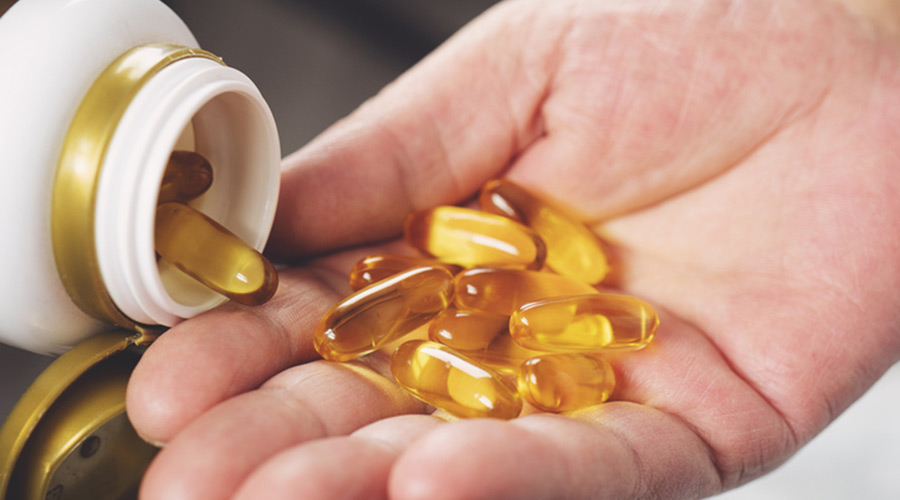
Fish oil has been shown to improve fertility in some women by making the uterine lining thicker. Fish oil is also associated with decreasing inflammation, which can help reduce fertility issues such as PCOS and endometriosis.
Selenium

A lack of Selenium has been shown to decrease fertility in men by reducing the number of sperm produced. Additionally, too much selenium intake is associated with birth defects so it is important to talk to your doctor before taking any fertility supplement that contains selenium.
Coenzyme Q10
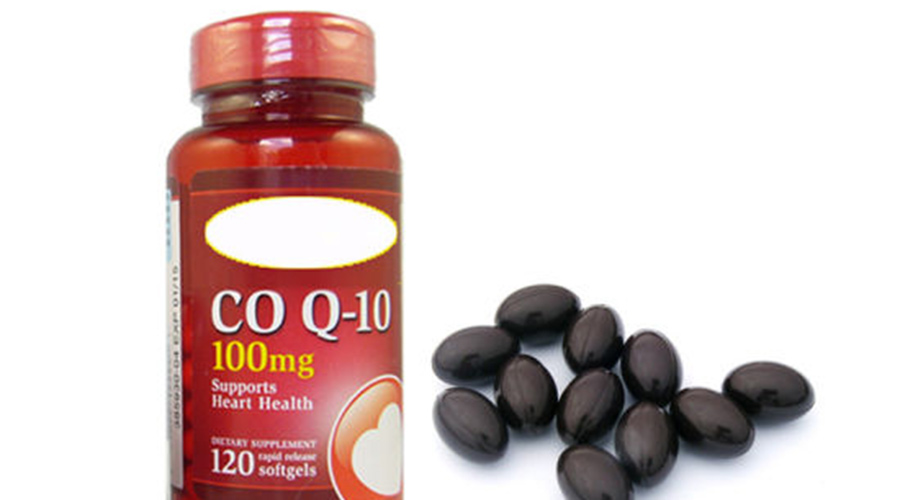
Coenzyme Q10 has been shown to increase ovulation and sperm count in men with fertility issues. Additionally, coenzyme Q10 is an antioxidant that is thought to prevent damage to the reproductive system caused by environmental toxins such as smoking and pollution.
The Effectivity Of The Fertility Products
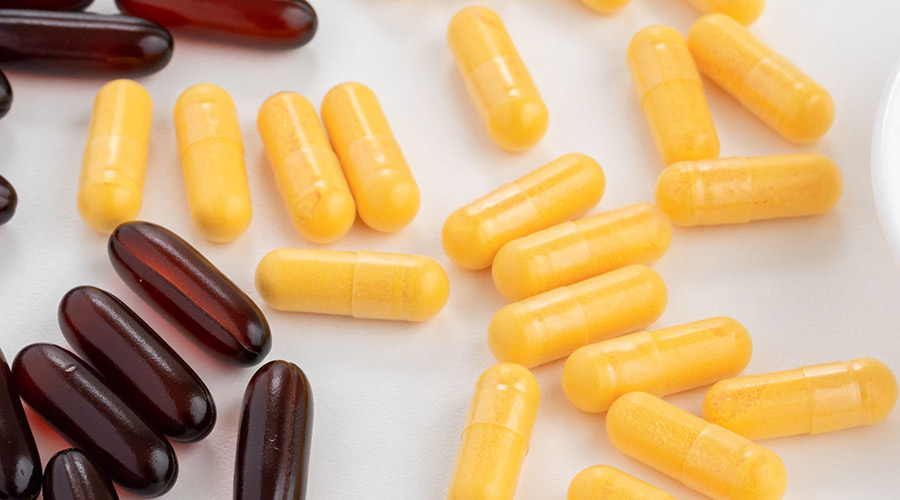
One of the main issues with fertility supplements is that they are not regulated by the FDA. Additionally, there is little to no evidence behind most fertility supplement claims which makes it difficult for consumers to determine whether or not they will be effective.
Additionally, even if the fertility supplements do contain the number of nutrients advertised on the bottle, it may not mean that they will be effective. Adding a supplement to your diet is only beneficial if you are deficient in the nutrients contained within the supplement.
No matter which fertility supplement you choose, research has shown that taking more than 400 micrograms of folic acid is not any more effective than the standard 400 micrograms. Additionally, taking large amounts of vitamins may be harmful. If you are thinking about taking fertility supplements, always check with your doctor to make sure that they contain the right amount of nutrients for your needs and will not interfere with any other medication you are taking.
What Are The Medicinal Properties Of The Best Vitamins For Fertility?
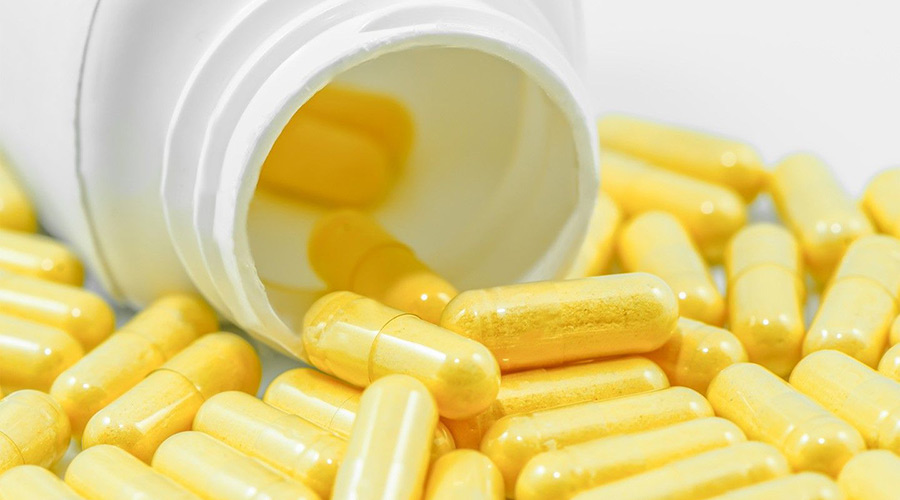
Inositol
Studies have shown that inositol can help with fertility issues such as polycystic ovarian syndrome. One study showed that women who took six to eight grams of inositol a day had a significantly higher probability of getting pregnant than those taking a placebo. Additionally, this vitamin has been associated with better egg quality and an embryo’s cell division rate.
Vitamin E
Is a powerful antioxidant that helps with blood flow, which can help fertility in both men and women. Additionally, Vitamin E has been known to help with infertility issues such as sperm motility and ovulation. A lack of this vitamin may be linked to luteal phase defects, which is when the uterine lining does not thicken enough early in the pregnancy.
Vitamin D
A lack of Vitamin D has been linked to infertility in both men and women. Some studies have shown that correcting a Vitamin D deficiency can increase fertility by as much as 50 percent. If you are not getting enough vitamin d through your diet, supplements may be needed.
Folic Acid
Folic acid is a nutrient that has been shown to aid in fertility by keeping homocysteine levels low. Too much or too little folic acid has been shown to decrease fertility, which makes taking a supplement that contains the correct amount crucial. This vitamin can also help with preventing birth defects.
Vitamin B12
Is used in DNA replication and red blood cell production. Since this vitamin is so crucial to reproductive health, it’s important that women trying to conceive get the recommended daily amount of 2.4 micrograms daily.
Vitamin C
Studies have shown that supplementing with vitamin C can significantly increase sperm count and motility as well as help with male factor infertility. Additionally, the antioxidants found in vitamin C can also help with egg quality and embryo development.
Vitamin B6
Vitamin B6 is used to create fertility hormones like progesterone and estrogen which increase ovulation and blood flow. Having enough of this vitamin will also increase fertility by making the uterine lining more receptive to implantation.
Vitamin B9
Folic acid is one of the best vitamins for fertility because it prevents birth defects and increases fertility in both men and women. A study recently conducted at Boston University School of Medicine found that folic acid may increase sperm count by 32%. If you’re taking folic acid to increase fertility, it’s important to only take the recommended daily amount – 400 micrograms. Taking too much may be harmful and can mask a B12 deficiency.
Vitamin A
Another antioxidant that has been linked to infertility is vitamin A. Although this micronutrient can also help with visual function, it may reduce fertility if taken in high doses.
Vitamin B3
Studies have shown that having an intake of above 20 milligrams per day of vitamin B3 can help with fertility issues like polycystic ovarian syndrome by lowering male hormone levels. Additionally, this vitamin has been linked to better egg quality and embryo development which can help with fertility.
Vitamin B2
Like vitamin B3, vitamin B2 is sometimes used as a fertility treatment for women who have a polycystic ovarian syndrome. Additionally, this micronutrient helps to reduce the effects of diabetes and high blood pressure which can also interfere with fertility issues like ovulation and implantation.
Vitamin B1
Studies have shown that having a high intake of vitamin B1 can increase fertility by as much as 50 percent. This micronutrient is essential for metabolizing carbohydrates which are required for ovulation and embryo development.
Vitamin K
A lack of vitamin k has been linked with infertility because it’s known to enhance blood flow. By ensuring that you get the daily recommended allowance, you can help increase fertility by 50 percent.
Zinc
Zinc is known for enhancing sperm count and motility which helps with fertility issues in both men and women. Additionally, this micronutrient has antioxidant properties to ensure optimal health in embryos. This vitamin is known to increase fertility by as much as 55 percent.
Choline
This nutrient is known for enhancing sperm quality and motility which has been shown to help with fertility. If you’re not getting enough Choline through your diet, consider taking a supplement. Studies show that having 300 milligrams per day can increase fertility by 50 percent.
Vitamin A
An intake of over 10,000 IUs per day can be detrimental to fertility because it increases testosterone levels which can interfere with ovulation and menstruation. Additionally, this vitamin is known for increasing the risk of miscarriage. This vitamin has been linked to a decrease in fertility by as much as 50 percent.
Are Fertility Products Safe?

If you’re taking fertility supplements to increase your chances of conceiving, it’s best to use products that are safe for both men and women. Remember that there isn’t a magic pill that can help with fertility – even though many products claim they can. There are several vitamins and minerals known to help with ovulation but it’s important not to take too much. For example, Vitamin A can interfere with fertility if taken to excess. Similarly, Vitamin B3 should only be taken at the recommended daily allowance because higher doses may be toxic. Additionally, women who suffer from anemia should not take iron supplements without speaking to their doctors first.
How To Use Properly
Fertility products are often advertised as being able to help women get pregnant. However, men should also use fertility supplements because these products can improve sperm count and motility. Most doctors recommend that you take vitamins in the recommended daily allowance (RDA) because taking too much may be harmful. Some studies suggest that having an extra dose of folic acid per day can reduce infertility. By ensuring that you get the RDA of B vitamins, you can help increase fertility by 50 percent or more. Additionally, some fertility supplements claim they can enhance hormone levels which may help with ovulation. However, it’s equally important to note that taking too much of certain hormones can cause dangerous side effects – especially when you’re trying to conceive. This means that you should only take fertility supplements under the guidance of your doctor.
Conclusion
In conclusion, fertility products can be a great way to help improve your chances of getting pregnant. However, it’s important that you speak with your doctor and take the recommended dose as too much may not only cause side effects but also unsafe levels of hormones. You should also make sure that any man in the household is taking these supplements because they’re equally beneficial for men and women who are trying to conceive babies. If you find yourself struggling to get pregnant or if you’ve been diagnosed with reproductive health issues like Polycystic Ovarian Syndrome (PCOS), talk to us about how we might be able to assist with our fertility supplement reviews which provide information on what vitamins work best for those looking at increasing their fertility potentials. With just one click, you could be on your way to conceiving sooner than you think!
Frequently Asked Questions
What Are The Best Fertility Pills/Supplements?
Some fertility supplements are better than others. It’s important to note that there aren’t any magic pills for getting pregnant – even though many products claim otherwise. There are numerous vitamins and minerals that can help with ovulation rates if taken in the recommended daily allowance (RDA).
Are The Best Fertility Supplements Really Help?
It’s true that fertility supplements can help increase your chances of conceiving. However, you should avoid taking anything over the RDA because too much will not only cause side effects but also interfere with other hormones. Additionally, many women who struggle to get pregnant may have an underlying health issue – like PCOS – which fertility pills can’t help with.
How To Choose The Suitable Best Fertility Pills?
The best fertility supplements are typically made with ingredients that can help increase ovulation rates. Additionally, these products shouldn’t contain anything over the RDA because too much can be harmful.

